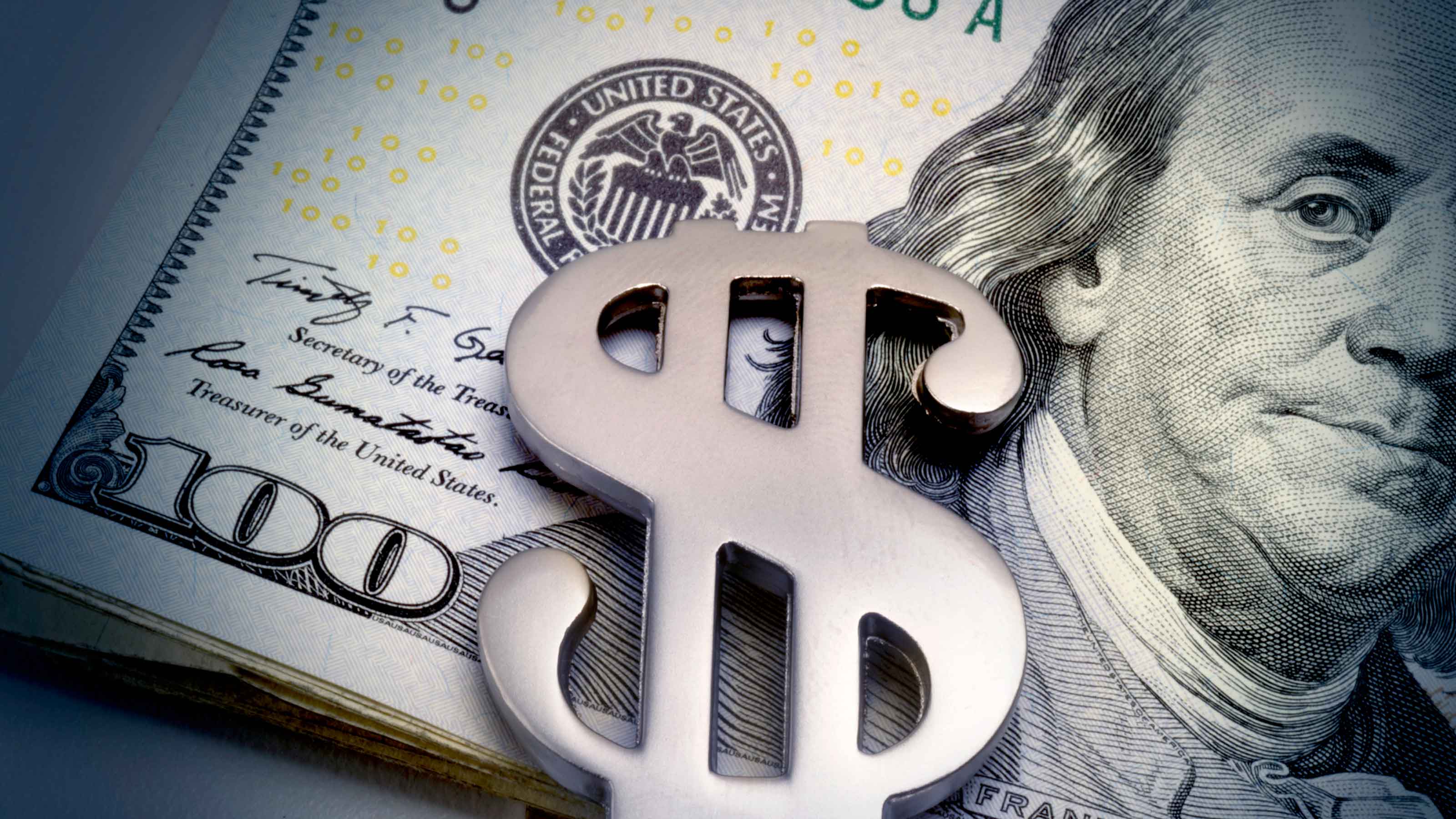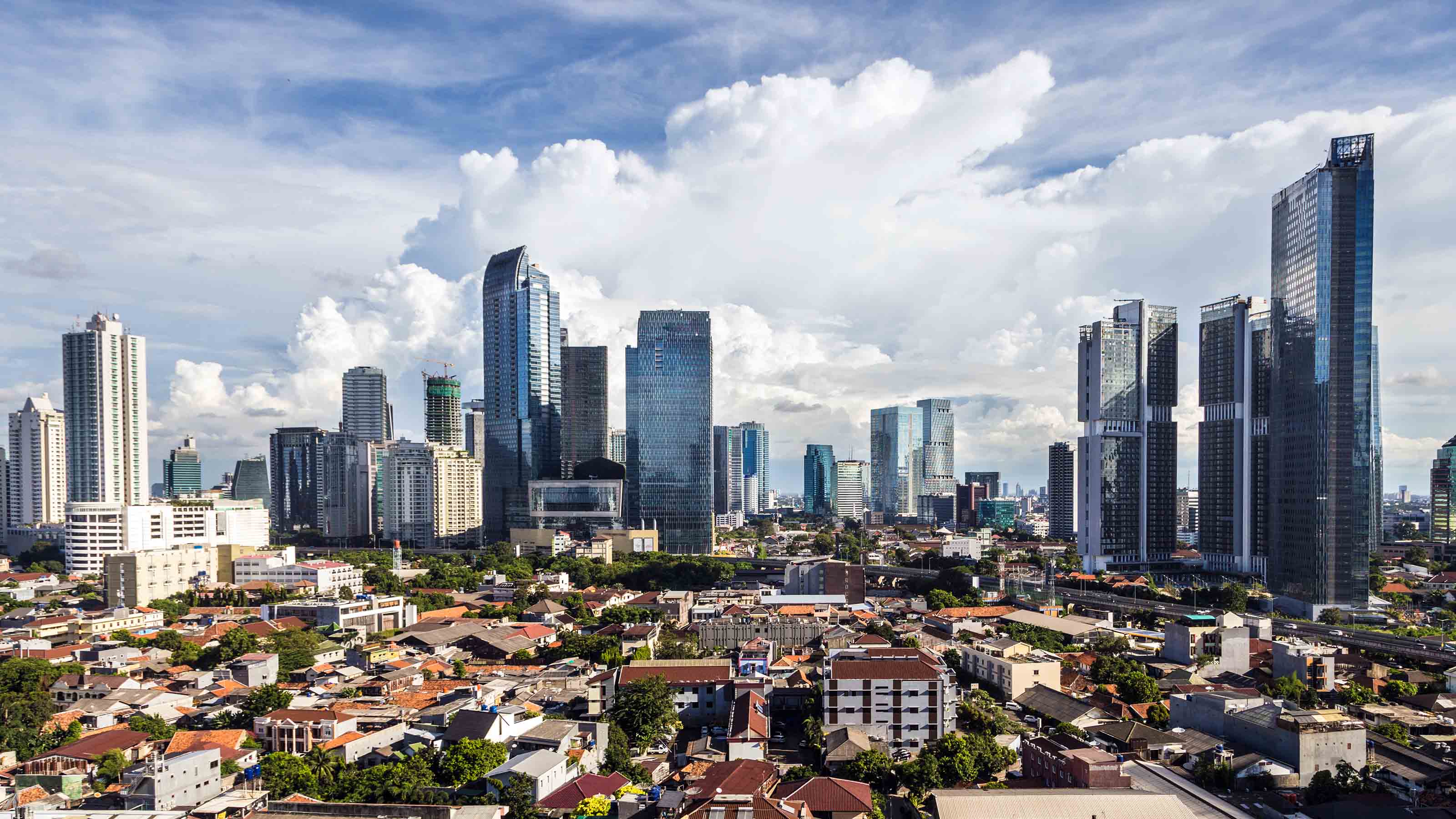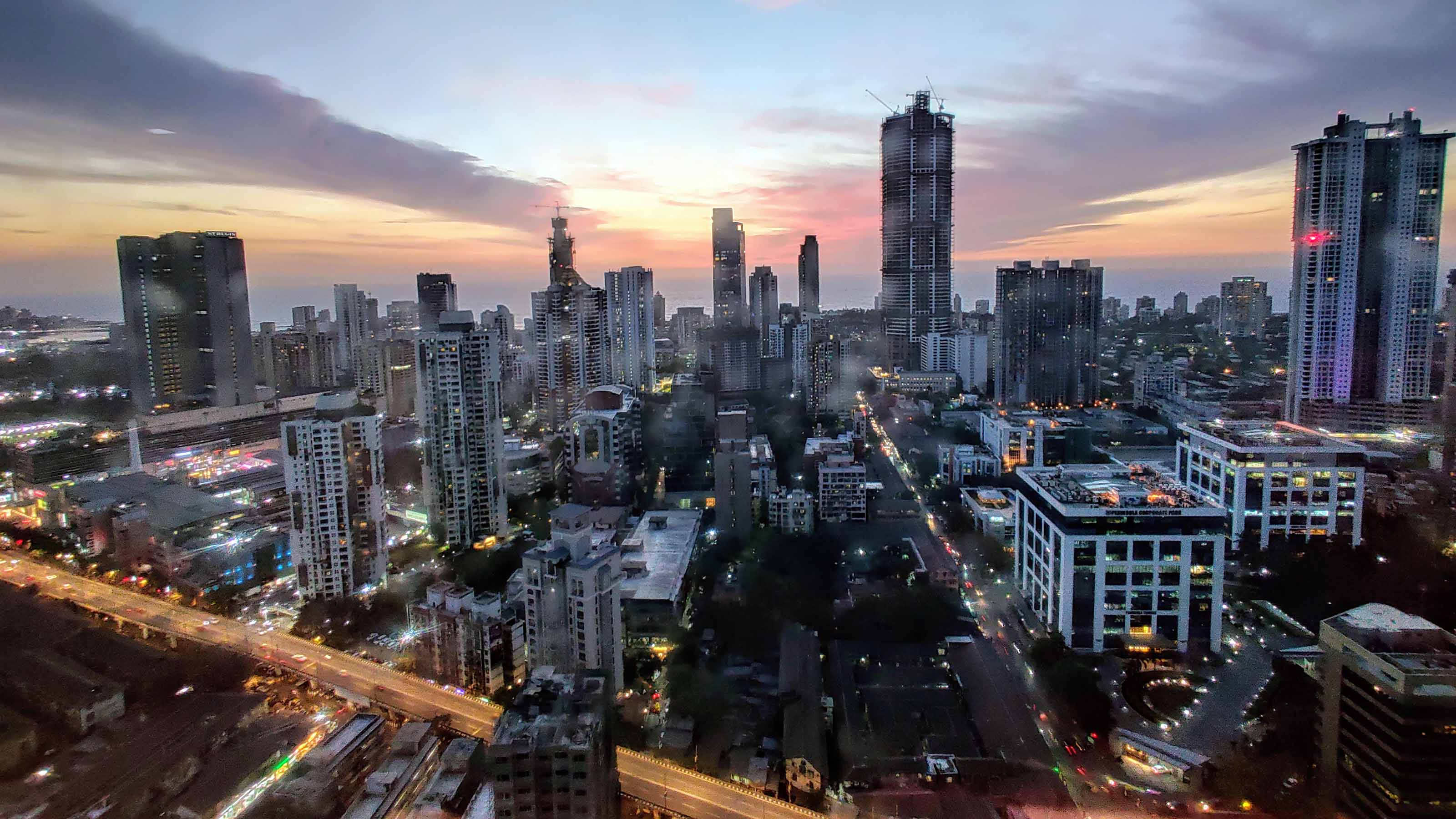Emerging Markets Are Still a Bargain
Expect crazy volatility to continue. But if you can hang on, you should be rewarded.

Profit and prosper with the best of Kiplinger's advice on investing, taxes, retirement, personal finance and much more. Delivered daily. Enter your email in the box and click Sign Me Up.
You are now subscribed
Your newsletter sign-up was successful
Want to add more newsletters?

Delivered daily
Kiplinger Today
Profit and prosper with the best of Kiplinger's advice on investing, taxes, retirement, personal finance and much more delivered daily. Smart money moves start here.

Sent five days a week
Kiplinger A Step Ahead
Get practical help to make better financial decisions in your everyday life, from spending to savings on top deals.

Delivered daily
Kiplinger Closing Bell
Get today's biggest financial and investing headlines delivered to your inbox every day the U.S. stock market is open.

Sent twice a week
Kiplinger Adviser Intel
Financial pros across the country share best practices and fresh tactics to preserve and grow your wealth.

Delivered weekly
Kiplinger Tax Tips
Trim your federal and state tax bills with practical tax-planning and tax-cutting strategies.

Sent twice a week
Kiplinger Retirement Tips
Your twice-a-week guide to planning and enjoying a financially secure and richly rewarding retirement

Sent bimonthly.
Kiplinger Adviser Angle
Insights for advisers, wealth managers and other financial professionals.

Sent twice a week
Kiplinger Investing Weekly
Your twice-a-week roundup of promising stocks, funds, companies and industries you should consider, ones you should avoid, and why.

Sent weekly for six weeks
Kiplinger Invest for Retirement
Your step-by-step six-part series on how to invest for retirement, from devising a successful strategy to exactly which investments to choose.
China's economic juggernaut is clearly losing steam, beset by soaring energy and labor costs, horrible pollution, and, most important, weakening demand from Europe. Localized real estate and investment bubbles, meanwhile, threaten to erupt into bigger problems.
Against that gloomy backdrop, the MSCI China index has climbed 9.4% so far this year. The broader MSCI Emerging Markets index has done even better, jumping 14.4% year-to-date (all returns in this article are through March 26 unless otherwise noted). That comes on the heels of an awful year for emerging-markets stocks, which lost 18.2% in 2011. Still, over the past ten years, the emerging-markets index has returned an impressive 14.6% annualized.
It's impossible to know which way emerging-markets stocks will lurch from month to month or year to year. What's worse, they're the most volatile segment of the world's stock markets. But they're simply too promising for long-term investors to ignore. Economies in emerging nations are growing much faster than those in developed lands, and there's little to suggest that this trend will reverse in the coming years.
From just $107.88 $24.99 for Kiplinger Personal Finance
Become a smarter, better informed investor. Subscribe from just $107.88 $24.99, plus get up to 4 Special Issues

Sign up for Kiplinger’s Free Newsletters
Profit and prosper with the best of expert advice on investing, taxes, retirement, personal finance and more - straight to your e-mail.
Profit and prosper with the best of expert advice - straight to your e-mail.
But invest with your eyes open. Rapid economic growth of the kind most analysts expect in emerging markets hardly guarantees stock market gains. As counterintuitive as it sounds, growth in gross domestic product is often unrelated to shareholder returns.
Consider China. It's rife with corruption. Corporate executives often view shareholders as victims to be fleeced. The Chinese government -- with an agenda often at odds with that of investors -- is the biggest owner of many companies. Regulation is far more lax than in developed countries. Financial reports are inadequate, at best.
But look at the pluses. Most important: Emerging-markets stocks are cheap. As measured by the MSCI index, emerging-markets stocks trade at 11 times analysts' estimated earnings for the coming 12 months. By contrast, Standard & Poor's 500-stock index trades at about 13 times estimates, and the S&P's average price-earnings ratio over the long term is about 15.5.
In terms of price to book value (assets minus liabilities), the MSCI Emerging Markets index trades at a reasonable level -- 1.6 times book. The index trades at less than one times sales, which is dirt-cheap. Finally, the index's return on equity (a measure of profitability) is 21, just a shade less than the S&P 500's return of 23.
Emerging markets, for the most part, are in better fiscal shape than the U.S. and other developed countries. Low labor costs and favorable demographic trends also argue strongly in favor of emerging markets. Populations are aging in the U.S., Japan and Western Europe; that's not so in developing nations.
What to Buy?
I despair of finding good, actively managed, no-load emerging-markets stock funds. My favorite is an index fund, Vanguard Emerging Markets Index (symbol VEIEX), with an expense ratio of just 0.33%. Better still, buy the ETF version of this fund (VWO), which charges just 0.20% annually.
I suspect that brokerages in emerging markets do substantially more cheating than those in developed countries. And the costs of trading are generally far higher in emerging markets, even if you assume brokers are honest. Those two factors make it more expensive for actively managed emerging-markets funds to buy and sell stocks. That gives index funds, which rarely trade, a big advantage.
One actively managed fund, Matthews Asia Dividend (MAPIX), does impress me. As is the case in the U.S., paying out dividends is a superb sign that corporate executives care about shareholder interests. The Matthews fund invests solely in dividend-paying stocks. About half its assets are in emerging Asia; most of the rest are in developed Asia, including Japan. Returns, particularly in lousy markets, have been impressive.
WisdomTree Emerging Markets Equity Income ETF (DEM) is another intriguing fund. It holds 285 of the highest-dividend-yielding emerging-markets stocks. The stocks are weighted according to their dividend payouts. The fund's volatility is lower than that of the MSCI index, and, indeed, it lost less than the index both in the 2007-09 bear market and during the 2011 downturn (from May 2 to November 25 the fund lost 21.9%, compared with a loss of 25.4% for the EAFE index). WisdomTree's fat dividends -- the fund sports a current yield of 6.5% -- helped cushion the blow of last year's decline.
Steven T. Goldberg is an investment adviser in the Washington, D.C. area.
Profit and prosper with the best of Kiplinger's advice on investing, taxes, retirement, personal finance and much more. Delivered daily. Enter your email in the box and click Sign Me Up.

-
 How Much It Costs to Host a Super Bowl Party in 2026
How Much It Costs to Host a Super Bowl Party in 2026Hosting a Super Bowl party in 2026 could cost you. Here's a breakdown of food, drink and entertainment costs — plus ways to save.
-
 3 Reasons to Use a 5-Year CD As You Approach Retirement
3 Reasons to Use a 5-Year CD As You Approach RetirementA five-year CD can help you reach other milestones as you approach retirement.
-
 Your Adult Kids Are Doing Fine. Is It Time To Spend Some of Their Inheritance?
Your Adult Kids Are Doing Fine. Is It Time To Spend Some of Their Inheritance?If your kids are successful, do they need an inheritance? Ask yourself these four questions before passing down another dollar.
-
 White House Probes Tracking Tech That Monitors Workers’ Productivity: Kiplinger Economic Forecasts
White House Probes Tracking Tech That Monitors Workers’ Productivity: Kiplinger Economic ForecastsEconomic Forecasts White House probes tracking tech that monitors workers’ productivity: Kiplinger Economic Forecasts
-
 Investing in Emerging Markets Still Holds Promise
Investing in Emerging Markets Still Holds PromiseEmerging markets have been hit hard in recent years, but investors should consider their long runway for potential growth.
-
 Stocks: Winners and Losers from the Strong Dollar
Stocks: Winners and Losers from the Strong DollarForeign Stocks & Emerging Markets The greenback’s rise may hurt companies with a global footprint, but benefit those that depend on imports.
-
 5 Exciting Emerging Markets Funds to Buy
5 Exciting Emerging Markets Funds to BuyForeign Stocks & Emerging Markets Emerging markets funds haven't been immune to global inflationary pressures. But now might be the time to strike on these high-risk, high-reward products.
-
 African Stocks: Investing in the Last Great Emerging Market
African Stocks: Investing in the Last Great Emerging MarketForeign Stocks & Emerging Markets A massive middle class and rapid technology-enabled development could turn African stocks into growth darlings over the next two decades.
-
 ESG Gives Russia the Cold Shoulder, Too
ESG Gives Russia the Cold Shoulder, TooESG MSCI jumped on the Russia dogpile this week, reducing the country's ESG government rating to the lowest possible level.
-
 India Is on a Tear
India Is on a TearForeign Stocks & Emerging Markets Massive modernization presents opportunities for investors.
-
 Wasatch Emerging Markets Small Cap Goes Its Own Way
Wasatch Emerging Markets Small Cap Goes Its Own WayForeign Stocks & Emerging Markets This emerging-markets stock fund isn't afraid to stray from the pack.